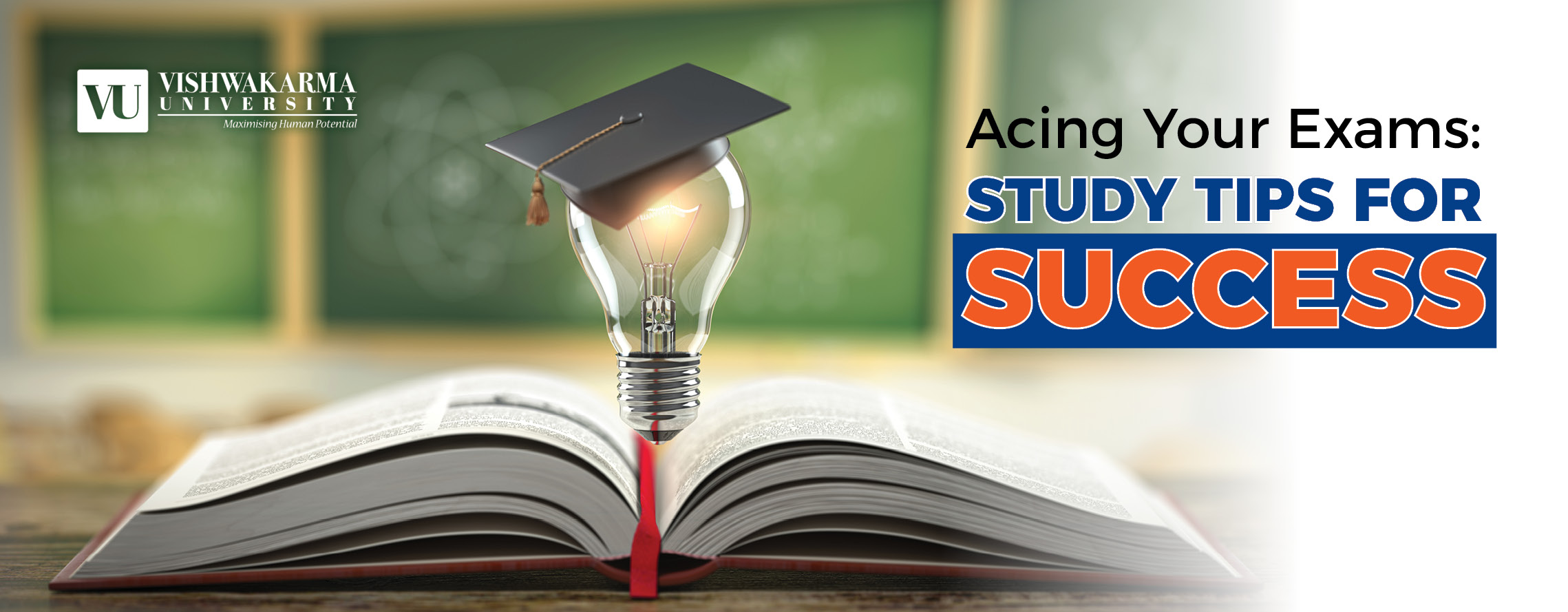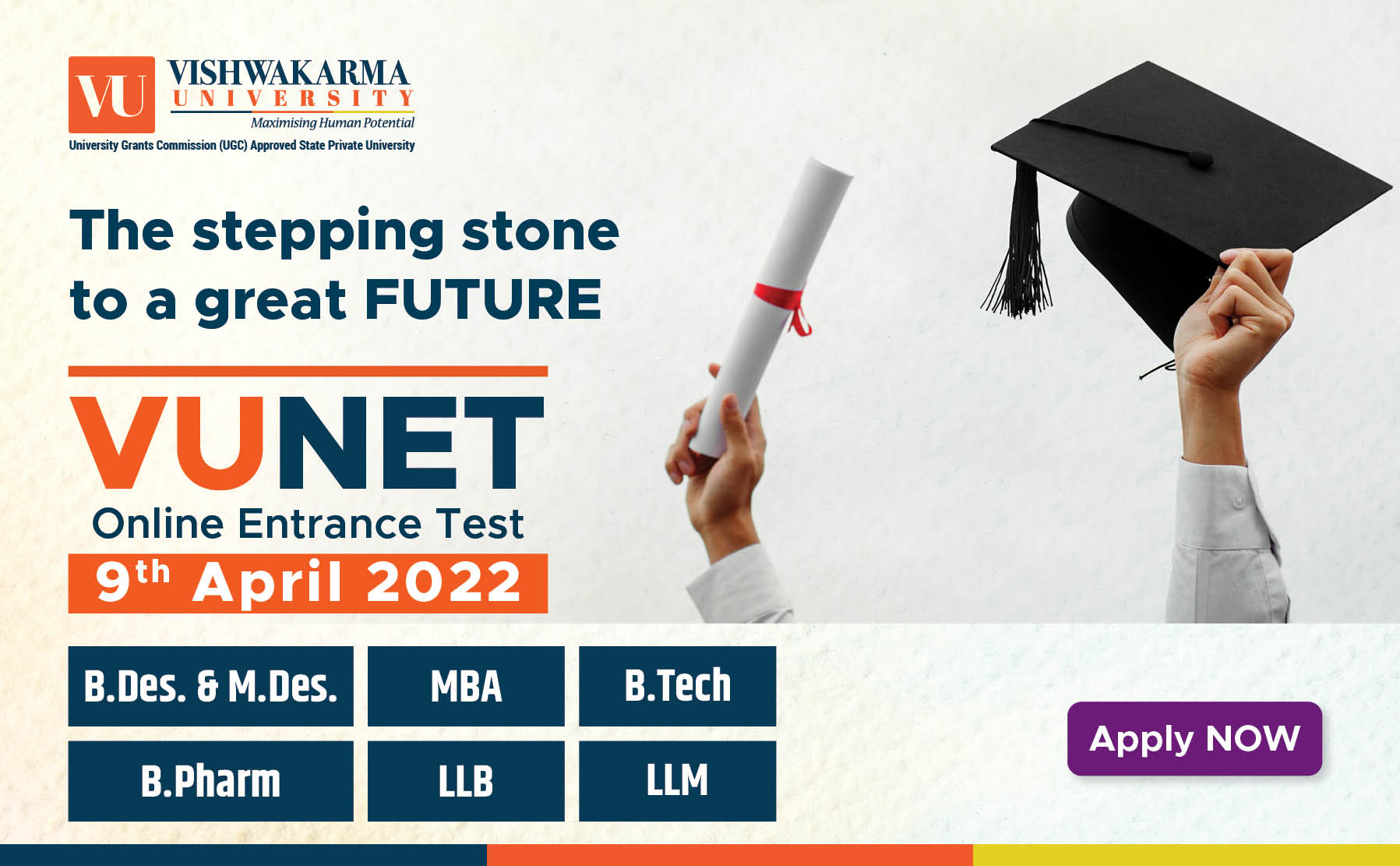Effective Time Management
One of the key elements to excel in exams is time management. Create a structured study schedule that allocates sufficient time for each subject. Prioritize subjects based on their complexity and your familiarity with them. Allocate time for breaks to prevent burnout and maintain focus. Procrastination is often the root cause of exam stress. Planning weeks or even months in advance can drastically reduce last-minute panic. Use tools like study planners or digital calendars. Break down subjects into smaller topics, and assign specific days or weeks to each. This structured approach also ensures no subject or topic is overlooked.
Strategic Study Techniques
Employing effective study strategies is crucial. Break down your study material into manageable chunks and focus on understanding core concepts. Utilize techniques like summarization, flashcards, and concept mapping to enhance retention and understanding. Utilize memory techniques like chunking, where you break down information into bite-sized pieces. Mnemonics can also be game-changers; these are rhymes or patterns that aid memory. The right environment can make a difference in your productivity levels. A place that's too comfortable might make you sleepy, while a noisy area can disturb concentration. Ensure good lighting to reduce eye strain. Personalizing your study area with motivational quotes or study materials can also boost your mood and focus.
Practice Makes Perfect
Dedicated practice is a cornerstone of success. Utilize past papers and practice exams to familiarize yourself with the exam format and types of questions. This not only boosts your confidence but also helps you manage time effectively during the actual exam. For instance, reading out loud engages both sight and hearing. Flashcards, quizzes, or educational games can enhance retention. Teaching the content to someone else, even if it's your reflection in the mirror, reinforces your understanding.
Active Learning and Engagement
Information retention is often the main challenge students face. Passive reading isn't enough; engage actively with the material. Ask questions, discuss concepts with peers, and participate in study groups. Teaching others or explaining concepts to yourself can deepen your understanding. Allow yourself to learn concepts creatively. Watch the video of a celebration of India’s historic achievement in successfully landing Chandrayaan 3 on the Moon’s South Pole by one of our students.
Effective Note-taking Methods
Ditch the age-old habit of underlining textbooks. Instead, explore methods like the Cornell system or mind mapping. These methods not only improve comprehension but also make revision strategies more efficient. Quality notes can make revision time significantly more efficient. Instead of verbatim copying, paraphrase information in your own words. This process ensures you truly understand the material. Use colors, diagrams, and sticky notes to make your notes engaging and easier to recall.
Regular Breaks are Essential
Studies suggest that our attention span dwindles after 25-30 minutes. Adopt the Pomodoro Technique: study for 25 minutes and then take a 5-minute break. It prevents burnout and keeps you refreshed. The Pomodoro Technique, while one method, can be adjusted based on individual needs. For instance, some might prefer a 50-minute study with a 10-minute break. During breaks, do some light stretching, grab a snack, or take a walk.
Healthy Lifestyle Choices
Cognitive functions aren't isolated from the rest of the body. Eating brain-boosting foods like nuts, seeds, and fish can enhance focus. Physical activities, even short walks, increase blood flow to the brain. Lastly, compromising on sleep can severely hamper memory and understanding. Ensure 7-8 hours of sleep, especially during exam weeks.
Engage in Group Studies
Choose study partners who complement your study habits. This approach provides an opportunity to clarify doubts, gain new perspectives, and even divide and conquer vast syllabi. But ensure the group stays on track and doesn't deviate into social hours.
Feedback and Review
Seek feedback on your performance. Take practice tests and review your answers. This iterative process helps identify areas of improvement and solidifies your understanding. Objective self-assessment is crucial. Regular mock tests can help gauge your preparation levels. Seek constructive criticism from teachers or peers. Revisit topics where performance was subpar, and constantly refine your approach based on feedback.
Stay Positive and Motivated
A calm mind can conquer any challenge. Believe in yourself, and keep the end goal in sight. Whenever in doubt, watch some testimonial videos on the VU Youtube handle from students who've walked this path and succeeded. Their journeys can offer inspiration and guidance.
Revision Techniques
Effective revision techniques are vital during the final review phase. Summarize your notes, create concise study guides, and use mnemonics to remember complex information. Regular revision helps consolidate your knowledge.




